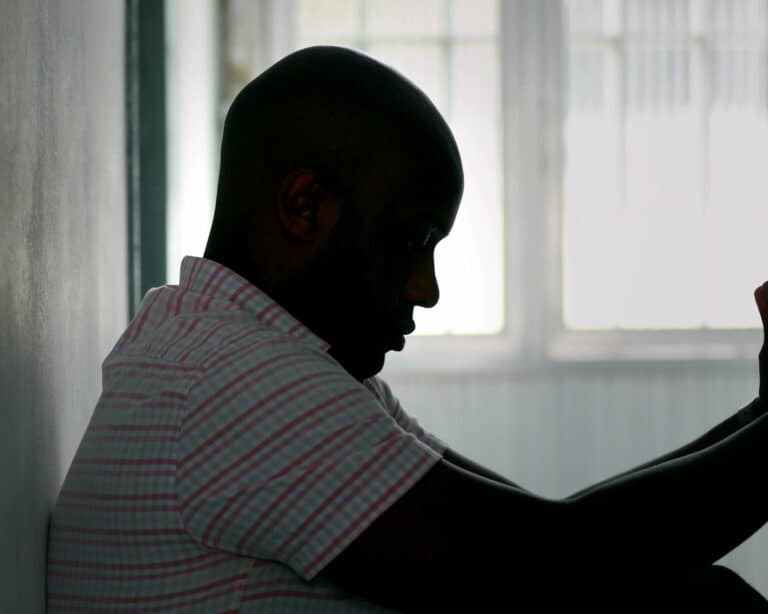Loving someone who struggles with addiction can require a lot of emotional work. When someone develops an addiction, it often becomes the center of their world. They may have significant changes in their mood and behavior and often become isolated from their loved ones.
If you have a loved one who struggles with addiction, it is important to support them in their journey through recovery. For someone who has completed an addiction treatment program, this might include being aware of the signs of relapse in a loved one.
While addiction treatment is effective, for many people, having a relapse–that is, starting to use substances again– is part of their recovery journey. A relapse does not have to be the end of the road. In fact, for many people, a relapse is a chance at a new beginning. With more information and time, people can move on from a relapse and work towards their goal of lifelong sobriety.
If you have a loved one who lives with addiction, your care and support can be very helpful in their recovery.
What is a Relapse?
A relapse is a return to substance abuse after a period of abstinence. Many people feel embarrassed, anxious, guilty, or discouraged after experiencing a relapse. However, most people in recovery from addiction have at least one relapse.
A relapse usually involves a period of several days or weeks of substance abuse, as well as a loss of control, that occurs after a period of deliberate sobriety. In contrast, some people have one instance of substance abuse after a period of abstinence that lasts for a day or less. This is called a “slip” and is usually not considered to be as serious as a true relapse.
A relapse can occur for a variety of reasons, including:
- Not enough time in treatment
- A new source of stress
- Not distancing from known triggers
- Losing commitment to recovery
- Apathy
- In recovery for others, not themself
In some cases, a person may discover sources of stress, trauma, or triggers only after completing an addiction treatment program. This can lead to a relapse and can indicate a need for more treatment and support.
Recognizing the signs of a relapse is the first step to help someone who has relapsed. If you have a loved one in recovery, learn how to recognize a relapse and what to do next.
Signs a Loved One Has Relapsed
Your loved one may cover up the signs of their relapse for as long as possible out of shame, guilt, or embarrassment. It is up to you to recognize the signs a loved one has relapsed. These include:
- A significant change in their mood: Your loved one may have more anger, depression, or anxiety. They may seem more energetic or agitated. An obvious change in their mood may be a sign that they have had a relapse.
- Change in focus: People in recovery are generally active and engaged in activities that help them stay on track. If your loved one has suddenly stopped attending support meetings or spending time with their recovery peers, it may mean they have relapsed.
- Denial about the past: Your loved one may nostalgically talk about the past. They may insist that they were “having fun” or that “it wasn’t as bad as you think”. Denying the seriousness of their past may be a sign that they are not committed to recovery or have had a relapse.
- Returning to old habits: Spending time with old friends or going to places where they used to abuse substances can be warning signs of a relapse.
- Financial trouble: Suddenly having unexplained financial trouble, stealing from loved ones, or having unpaid bills may indicate that your loved one is spending their money on drugs or alcohol again.
It is important to help your loved one get the extra support or treatment they need as soon as you recognize the signs of a relapse.

Get The Care You Need and Deserve
Woburn Addiction Treatment is a leader in the addiction treatment field, with proven success in facilitating long-term recovery. Our team of top clinical & medical experts specializes in treating addiction coupled with mental illness, ensuring that each person receives individualized care. Call us – we’re available 24/day, 7 days/week.
How to Help Someone Who Has Relapsed
Recovery is not a final destination–it’s a lifelong journey. Each person’s journey is unique to them and each person who has a relapse has different feelings about it. Many people feel guilt, may feel like they’ve failed or might experience deep shame.
Your loved one may need to return to addiction treatment, or they may be able to get back on track by simply getting back into their recovery activities. Going to AA meetings, starting or continuing counseling, If your loved one has relapsed or is showing signs of a relapse, you can encourage them to return to these activities or help them find appropriate community support.
In some cases, a relapse can indicate the need for more time in treatment. You can help someone who has relapsed by helping them find local treatment programs. Tangible support, such as meals, help with kids and pets, or rides to appointments can be very helpful, too.
Find Help for a Loved One Who Has Relapsed Today
If you or someone you love require addiction treatment or support in recovery, please reach out to the staff at Woburn Addiction Treatment. We know that anyone can overcome addiction with the right support, so we offer programs that help people and their loved ones on their recovery journey.
Don’t wait another day to get the life-changing treatment you need. Call now to speak with one of our knowledgeable staff members.


